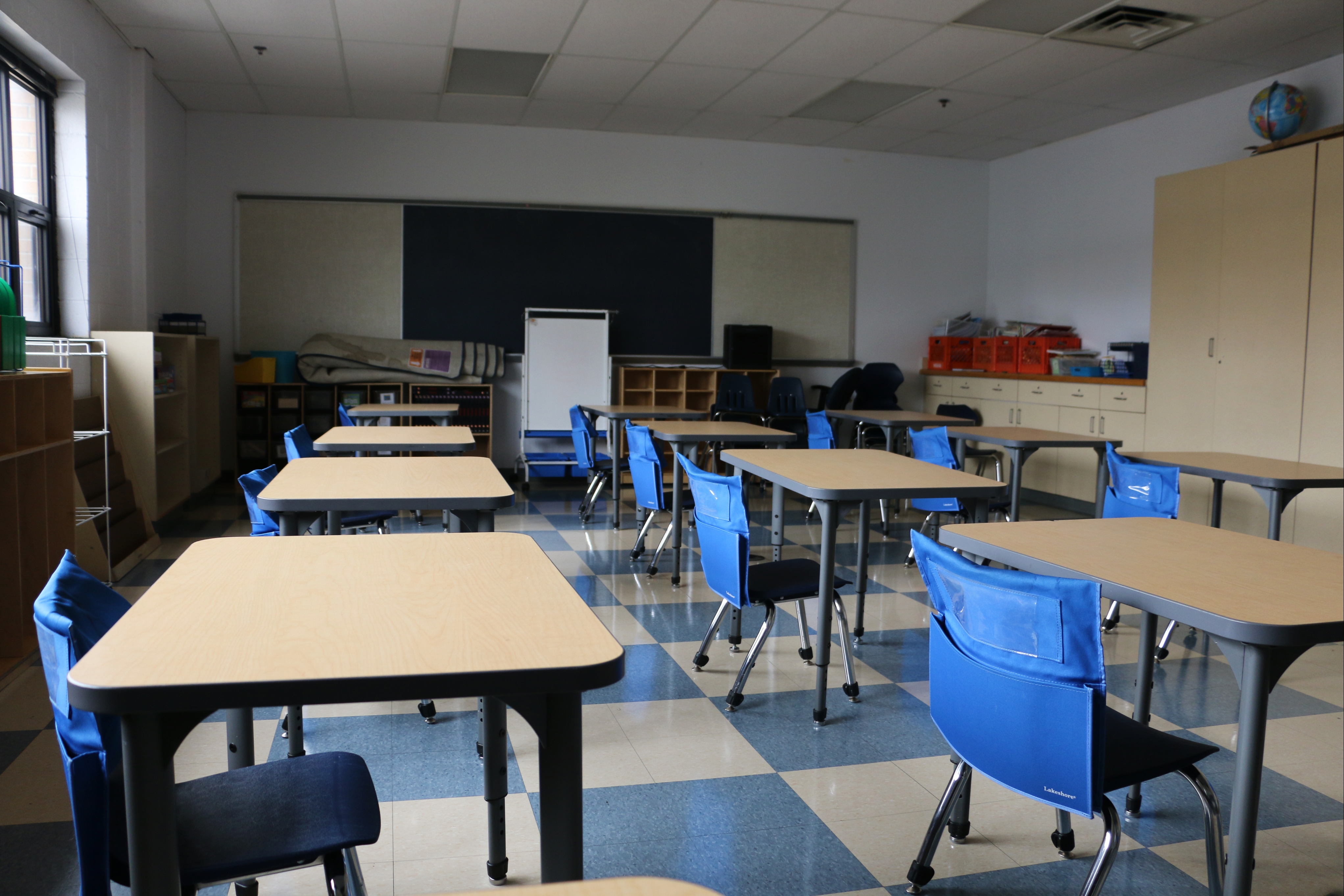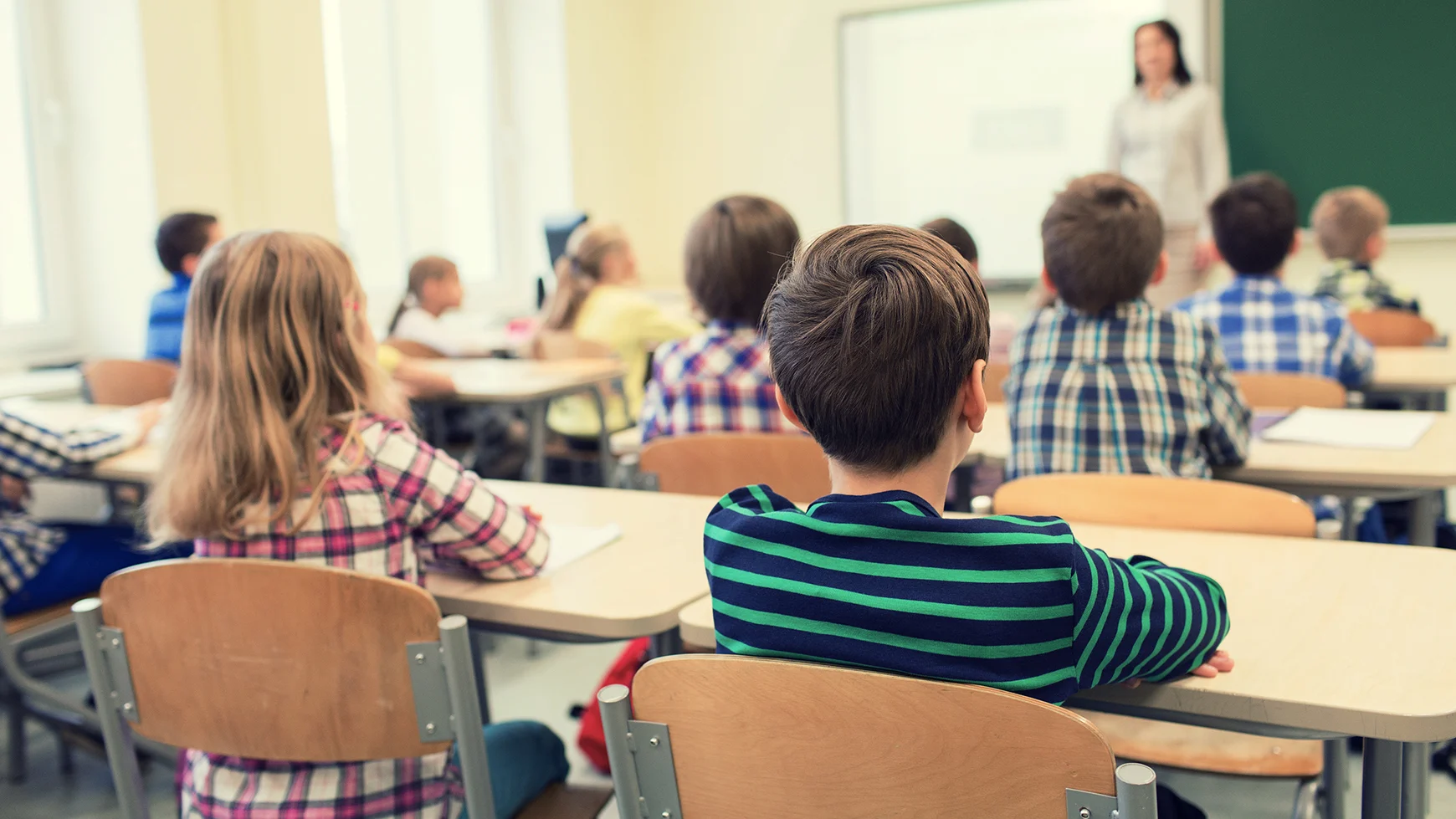Why It's Critical to Rally With Each Other to Save Temecula Schools
Wiki Article
Just How Schools Play a Vital Role in Shaping Future Leaders and Trendsetters
By incorporating project-based understanding and interdisciplinary studies, instructional institutions challenge pupils to assess and synthesize intricate details. Teachers offer as mentors, guiding students and nurturing their potential, while extracurricular activities better establish management skills and strength.Fostering Vital Assuming
In today's rapidly progressing globe, fostering vital believing within schools has come to be extremely important. As culture grapples with significantly complicated international difficulties, the capacity to examine, assess, and synthesize information is essential. Institutions play a crucial duty in creating these abilities, preparing trainees to navigate and address diverse problems with informed, reasoned choices.To grow critical thinking, educators utilize numerous instructional strategies that motivate active discovering and intellectual interaction. Classroom discussions, problem-based understanding, and Socratic examining contribute in promoting logical and reflective thought procedures. By challenging students to interrogate presumptions and think about numerous perspectives, these approaches ensure a deeper understanding of subject past memorizing memorization.
Additionally, incorporating essential believing across the educational program reinforces its significance and applicability in varied contexts. Subjects such as mathematics, scientific research, background, and literary works each deal one-of-a-kind possibilities to create pupils' important professors. As an example, assessing historic occasions calls for understanding and evaluating sources context, while scientific inquiry needs extensive hypothesis screening and evidence-based reasoning.
Inevitably, instilling important believing abilities in trainees outfits them with the cognitive tools required for lifelong learning and adaptability. It is with this fundamental skills that future leaders will have the ability to introduce, solve troubles, and add meaningfully to culture.
Urging Creativity
Embracing imagination within educational frameworks galvanizes pupils to believe beyond conventional borders and discover innovative services. By incorporating imaginative ventures and imaginative thinking exercises right into the educational program, schools cultivate an atmosphere where creativity and creative idea are valued. This approach not just improves the educational experience however also gears up students with the ability to take on real-world challenges in novel ways.School can foster imagination via varied methods such as project-based discovering, interdisciplinary studies, and the incorporation of arts and innovation. Project-based understanding, for example, motivates pupils to apply their understanding in useful, commonly collective, jobs that require creative analytical skills. Interdisciplinary studies permit students to draw connections between various topics, thereby broadening their viewpoints and improving their innovative capacities.
Moreover, offering trainees with chances to involve with emerging technologies, such as coding and electronic design, further nurtures their innovative capacity. These activities prompt trainees to experiment, stop working, and iterate, which are essential components of the imaginative process (Save Temecula Schools). By keeping an encouraging setting where trial and error is urged, institutions can ensure that pupils establish the self-confidence to seek innovative concepts
Essentially, nurturing imagination in instructional setups is important for forming future leaders and trendsetters with the ability of attending to complicated global issues with resourcefulness.
Supporting Partnership

Carrying out group-based learning components and cooperative tasks allows trainees to experience the dynamics of team effort firsthand. This not only prepares them for the collaborative nature of modern workplaces yet additionally supports leadership qualities as they typically have to tackle duties such as task managers or group planners. In addition, partnership in the classroom can break down social obstacles and promote inclusivity, guaranteeing that each pupil really feels valued and listened to.
Additionally, incorporating innovation can better support joint efforts. Tools like shared digital workspaces and interactive platforms make it possible for trainees to collaborate effectively, even outside the class. As trainees develop these collective abilities, they are better geared up to tackle complicated difficulties and innovate, preparing for their future functions as innovators and leaders.
Function of Teachers as Coaches

Mentorship entails tailored attention, where teachers identify and nurture specific staminas and address weaknesses. Save Temecula Schools. Through one-on-one communications, educators can customize their advice and support to fulfill each pupil's unique requirements, fostering a feeling of confidence and durability. This individualized strategy cultivates a development mindset, motivating trainees to watch failings as possibilities for learning and development
In addition, teachers work as good example, demonstrating the values of compassion, willpower, and integrity. Their mindsets and activities provide a plan for pupils to replicate, instilling a sense of moral duty and social awareness. By creating a encouraging and comprehensive classroom atmosphere, educators enable trainees to develop social skills look what i found that are crucial for efficient management.
In significance, the mentorship offered by instructors lays a foundational structure for the development of future leaders, equipping them with the expertise, abilities, and values required to master an ever-evolving world.
Impact of Extracurricular Tasks
When integrated successfully right into the educational structure, extracurricular activities considerably enhance pupil development and management capacity. These activities provide pupils with opportunities to discover rate of interests past the standard curriculum, fostering a versatile skill set.Moreover, extracurricular participation motivates imagination and technology. Students took part in drama, debate, or music clubs learn to believe critically and strategy troubles from varied perspectives. These experiences instill self-confidence, enabling pupils to voice their concepts and take initiative in numerous settings. By collaborating with peers from various histories, students additionally create empathy and communication skills, necessary qualities for future leaders.
Research shows that pupils involved in such programs have a tendency to have greater grades and much better presence documents. Therefore, schools that prioritize a balanced strategy to education, integrating robust extracurricular programs, are more likely to produce pioneers and leaders geared up to fulfill the difficulties of the future.

Verdict
In verdict, institutions substantially form future leaders and trendsetters by supporting critical reasoning, imagination, and partnership amongst pupils. By cultivating a supportive environment that values individual strengths and synergy, schools furnish students with the necessary skills to browse future difficulties and drive development.As pupils create these collective skills, they are better equipped to deal with intricate obstacles and introduce, laying the foundation for their future duties as leaders and innovators.
By promoting important thinking and analytical skills, instructors assist pupils navigate intricate difficulties, preparing them for management roles in various areas.
By teaming up with peers from various histories, students additionally establish empathy and communication skills, essential qualities for future leaders.
In final thought, schools considerably shape future leaders and read this innovators by supporting vital thinking, imagination, and partnership amongst students. By fostering a helpful atmosphere that values individual staminas and team effort, schools furnish trainees with the needed abilities to navigate future challenges and drive development.
Report this wiki page